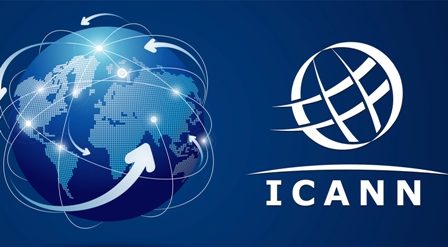The Internet has become an indispensable tool for users around the globe and a fundamental facilitator of innovation and economic growth. Demand for Internet connections with greater bandwidth is unlikely to subside.
Even now, some network operators must use congestion-management and traffic-shaping techniques to keep their networks running smoothly.
As a result, some commentators worry that network operators are technically able to use traffic-management practices to give preferred treatment to certain data streams.
Others are concerned that practices meant to increase revenues might block competing content or give unfair advantage to some content over others. They see these practices as problematic, especially when the practices intentionally discriminate against certain kinds of content delivery to the detriment of end users. This has led to larger public concerns that these kinds of practices jeopardize the open and transparent principles of the Internet.
Meaning:
Network neutrality or “net neutrality” is often used as a broad label in public policy and regulatory discussions concerning these issues. Net neutrality, however, is a wide-ranging term that can mean different things depending on one’s point of view.
Discussions about net neutrally, for example, often touch on concerns about freedom of expression, competition of service and user choice, impact on innovation, nondiscriminatory traffic management practices, pricing, and overall business models.
Net neutrality is the principle that individuals should be free to access all content and applications equally, regardless of the source, without Internet service providers discriminating against specific online services or websites. In other words, it is the principle that the company that connects you to the internet does not get to control what you do on the internet.
Latest Development in India:
The Telecom Regulatory Authority of India has issued a consultation paper on the issue of net-neutrality as it looked to formulate “final views on policy or regulatory interventions” on the subject.
The regulator, given the complexity of the subject, had decided to undertake a two-stage consultation process.
The earlier issued pre-consultation, released in May 2016, was an attempt to identify the relevant issues in all the areas on which the Department of Telecom had sought TRAI’s recommendations.
TRAI has sought comments on what the principles for ensuring non-discriminatory access to content on the Internet could be in the Indian context and as to how Internet traffic and providers of Internet services should be understood in the context of net neutrality.
It has also raised the issue of traffic management practices, seeking comments on approaches that would be preferable, defining what constitutes reasonable traffic management practices or identifying a negative list of non-reasonable practices.
Violations of net neutrality have been common in India. Examples beyond Facebook’s Internet.org include Aircel’s Wikipedia Zero along with Aircel’s free access to Facebook and WhatsApp, Airtel’s free access to Google, and Reliance’s free access to Twitter.
Facebook’s Free Basics program is seen by activists as a net neutrality violation, based on its provision of free-of-cost access to dozens of sites, in collaboration with telecom operators. There were protests online and on ground against the Free Basics program. The Free Software Movement of India also held a protest in Hyderabad and parts of Telangana and Andhra Pradesh.


